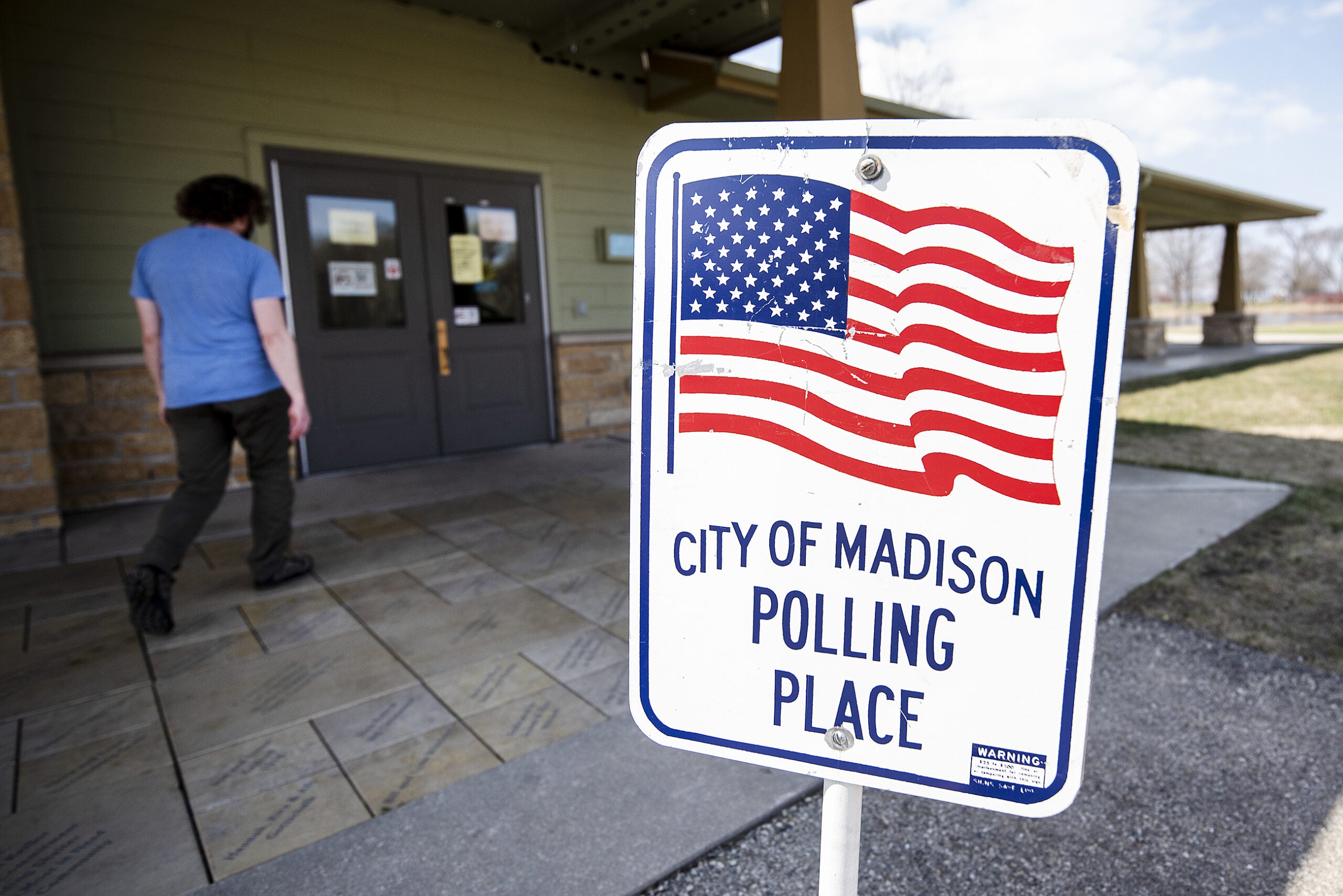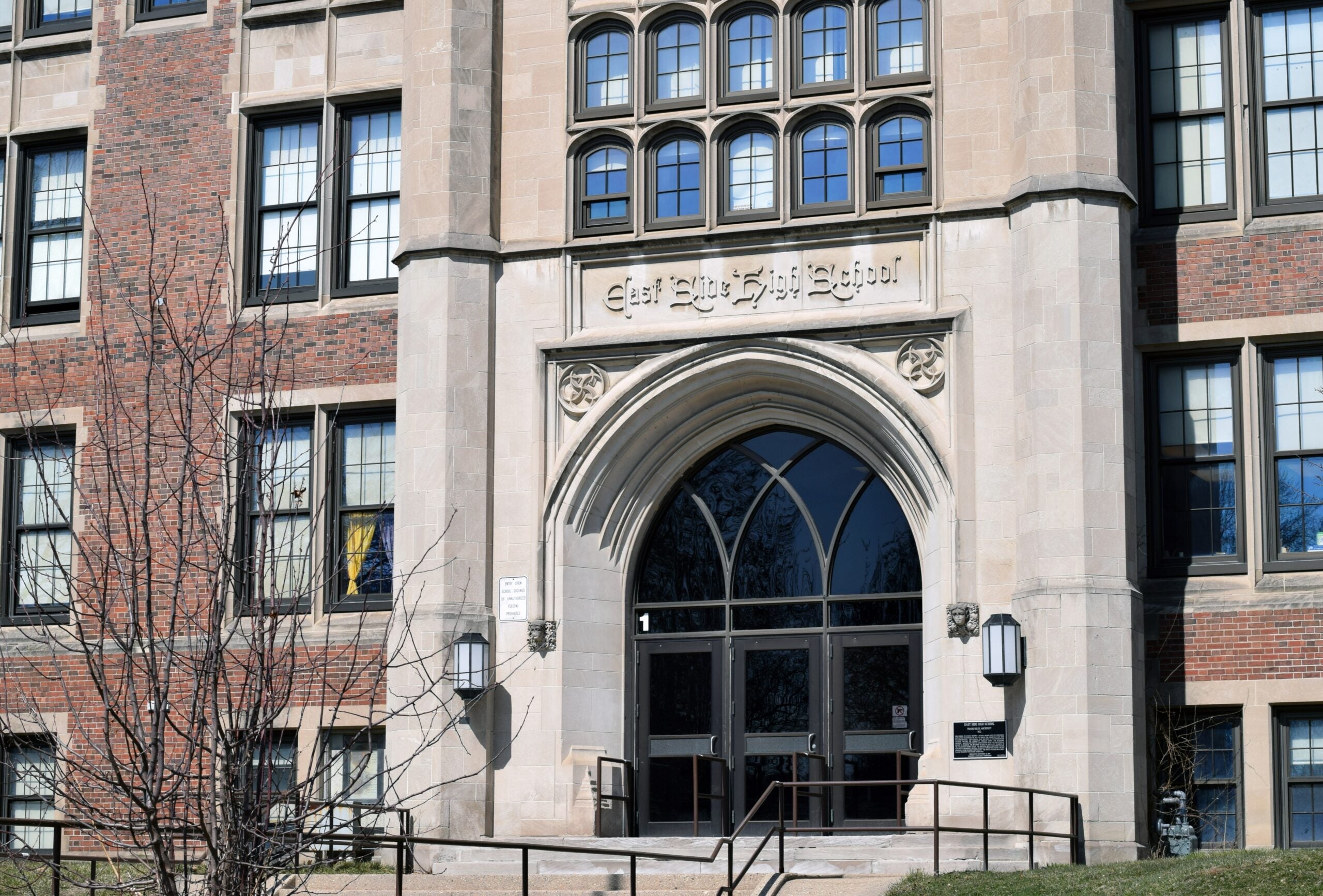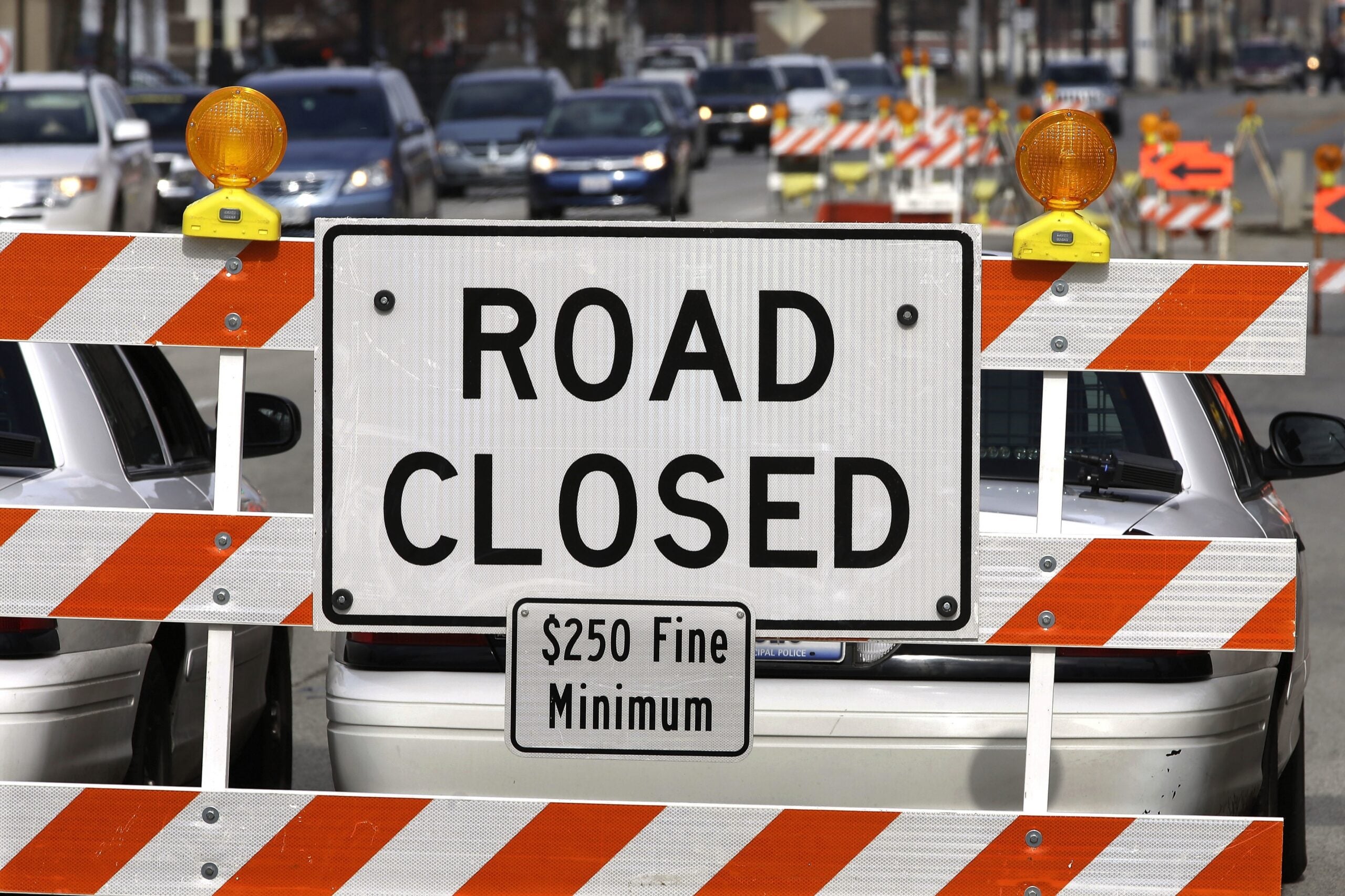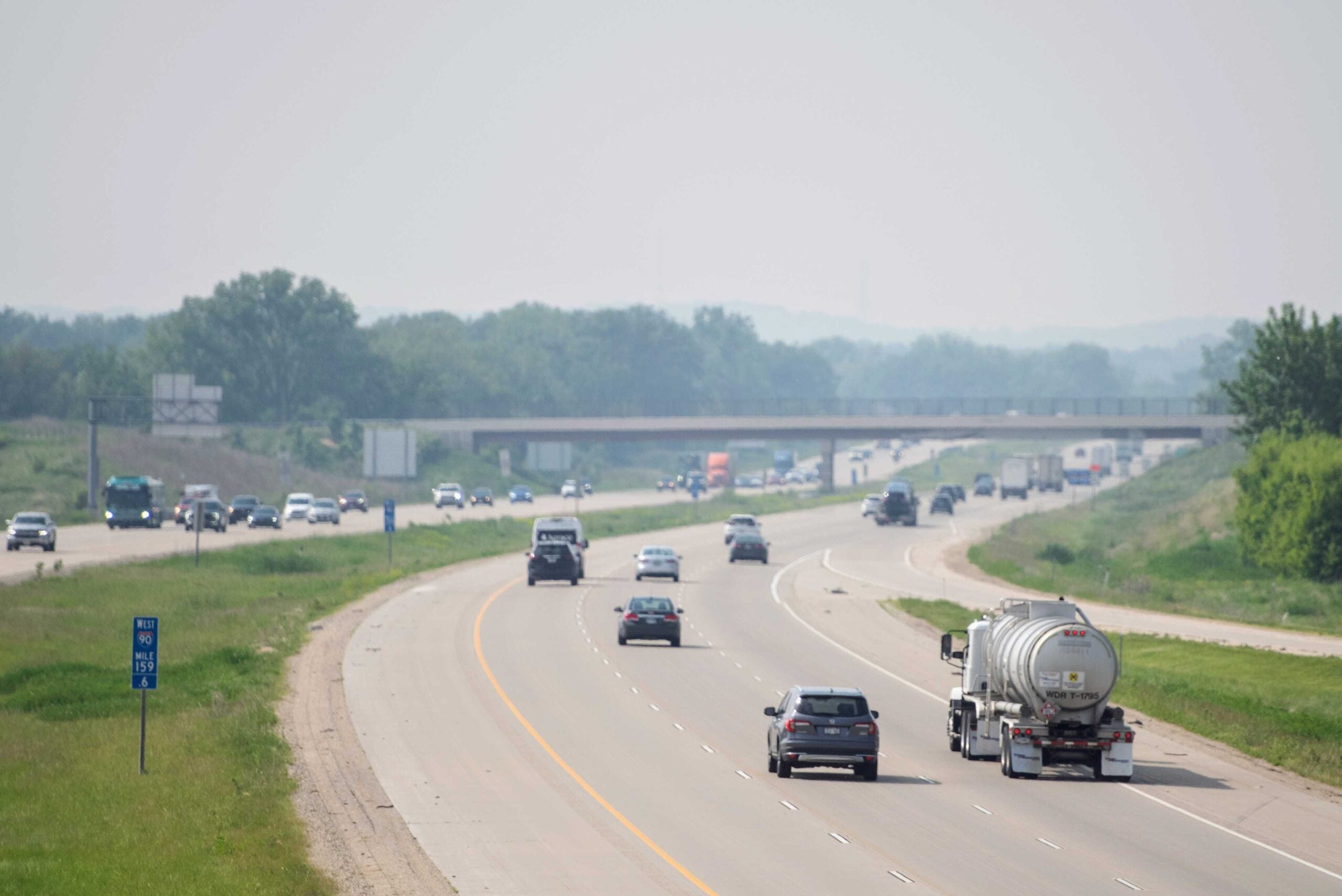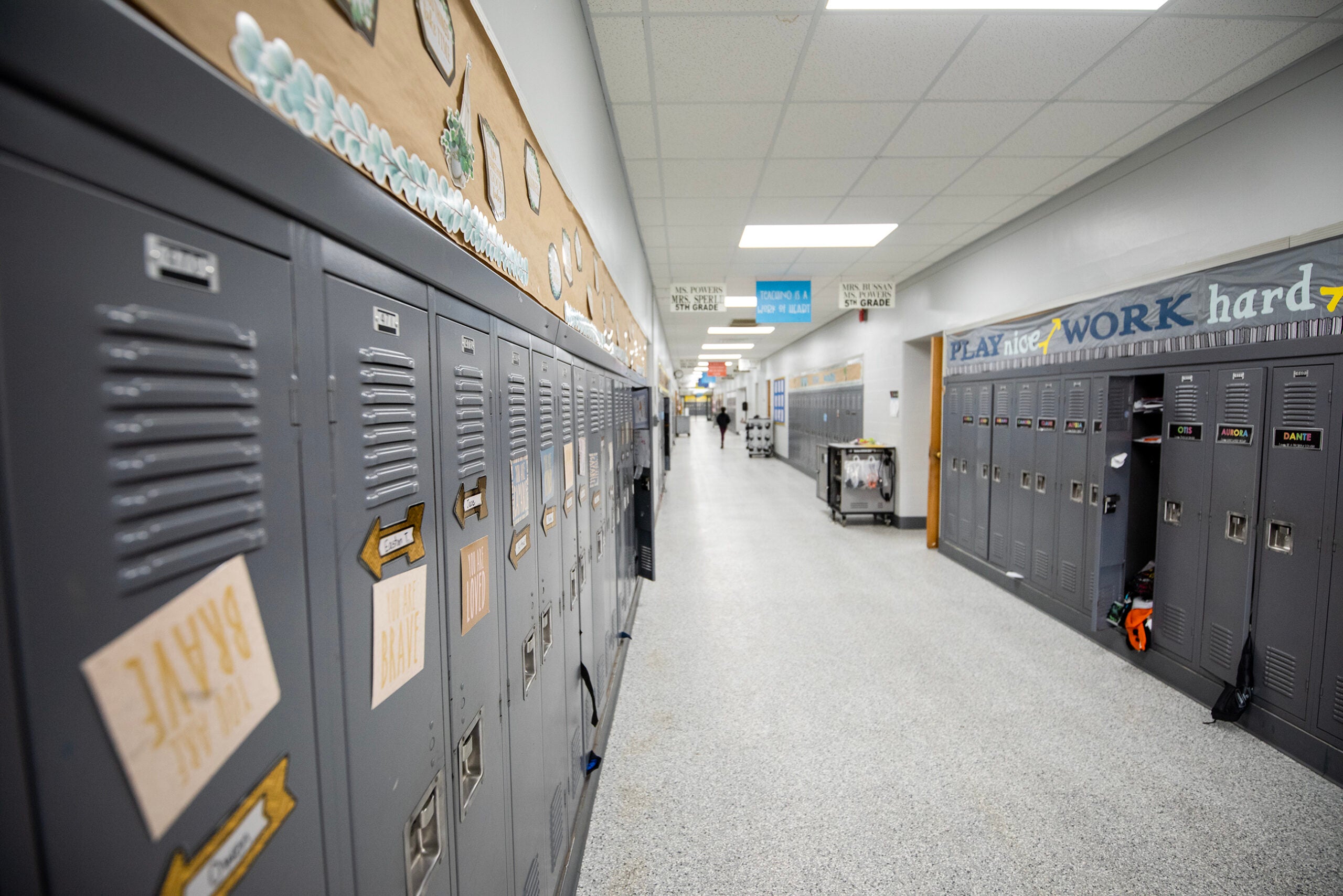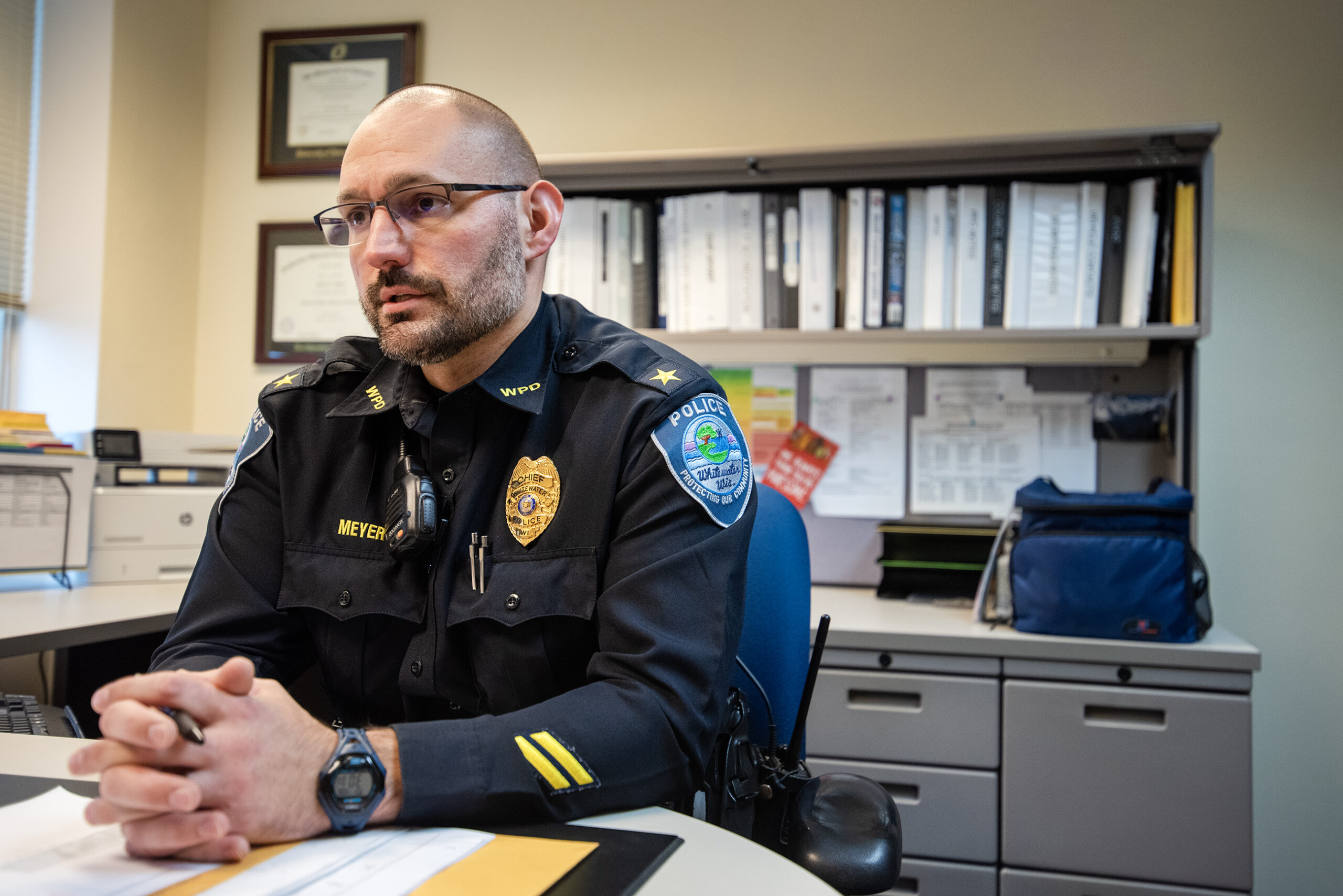The city of Madison won’t have to make deep cuts to city services after voters passed a referendum to raise $22 million through property taxes, but voters in other communities batted down efforts to raise funds for city operations.
Around 57 percent of voters favored raising levy limits in the state capitol, according to election results.
The city had been facing a $22 million deficit as it struggles amid rapid growth and state restrictions on raising levy limits that hasn’t allowed city revenues to keep pace with inflation. If the referendum had failed, Madison would have been forced to cut police and other city workers, as well as reduce street repairs and eliminate bus routes and weekend library hours.
News with a little more humanity
WPR’s “Wisconsin Today” newsletter keeps you connected to the state you love without feeling overwhelmed. No paywall. No agenda. No corporate filter.
“Cities, villages and towns should not have to put referendums on the ballot in order to fund the basic services residents depend on,” said Madison Mayor Satya Rhodes-Conway in a statement. “Wisconsin has a $4.6 billion surplus and there is no reason that any local government should be forced to enact austerity measures.”
Madison’s mayor said she’ll work with local leaders and partners to address “chronic underfunding” from the state for local governments, adding the system is broken.
According to the Wisconsin Policy Forum, Madison now receives the second-lowest amount of aid per resident out of more than 1,848 municipalities statewide in the form of shared revenue funding, which is state aid provided through several programs.
Madison Alder MGR Govindarajan said he would like to see an increase in shared revenue funding for the city or the ability to implement a municipal sales tax to raise revenues.
“We should not be receiving the bare minimum, like that’s just a fact. We put way too much into the state economy for us to get way too little back,” Govindarajan said.
The average home in Madison will see property taxes increase $230 each year. That’s on top of an additional increase of $83 each year in the city’s tax levy.
The additional funding buys the city time to close future budget gaps. The city also plans to spend down around $25 million in reserve, according to the mayor’s five-year budget plan.
Elsewhere in Dane County, a referendum to raise the city of Monona’s levy by 30 percent to almost $13 million barely passed by just 32 votes in unofficial totals, increasing revenues by $3 million each year. Voters in the village of Maple Bluff also signed off on a referendum to raise the levy by 22 percent to nearly $4.7 million on an ongoing basis. Around two-thirds of voters in Middleton also supported a referendum allowing a stormwater utility charge to adequately fund stormwater management.
In the city of Stevens Point voters signed off on a referendum to raise revenues to fund additional fire positions. Voters also passed referendums to raise property taxes in the villages of Walworth, Belgium and Fredonia.
Fitchburg, Baraboo and other communities nix revenue increases
However, other communities in Wisconsin shot down requests to increase property taxes to fund city services or public safety. In Fitchburg, 53 percent of voters nixed a referendum to raise the levy by 11 percent to around $36.2 million. That would have provided almost $3.6 million in additional funding each year for city staff that included police and fire positions, as well as improvements to public transit and other operating costs.
Fitchburg Mayor Julia Arata-Fratta said the city will explore alternative funding sources to continue providing services. While the city is not facing a deficit, she said Fitchburg may not be able to maintain existing staff levels and services in 2026.
“Even though the referendum failed, the city needs are real. It’s still there, they will be there. Eventually, we will need to do something,” Arata-Fratta told WPR. “We are going to continue to provide the same services with limited resources, the way we have done in the last couple of years.”
Fitchburg’s mayor said the city has grown 34 percent in the last decade to around 35,000 residents. Arata-Fratta reiterated calls by Madison’s mayor and other community leaders to use the state’s $4.6 billion surplus, so communities don’t have to go to referendum.
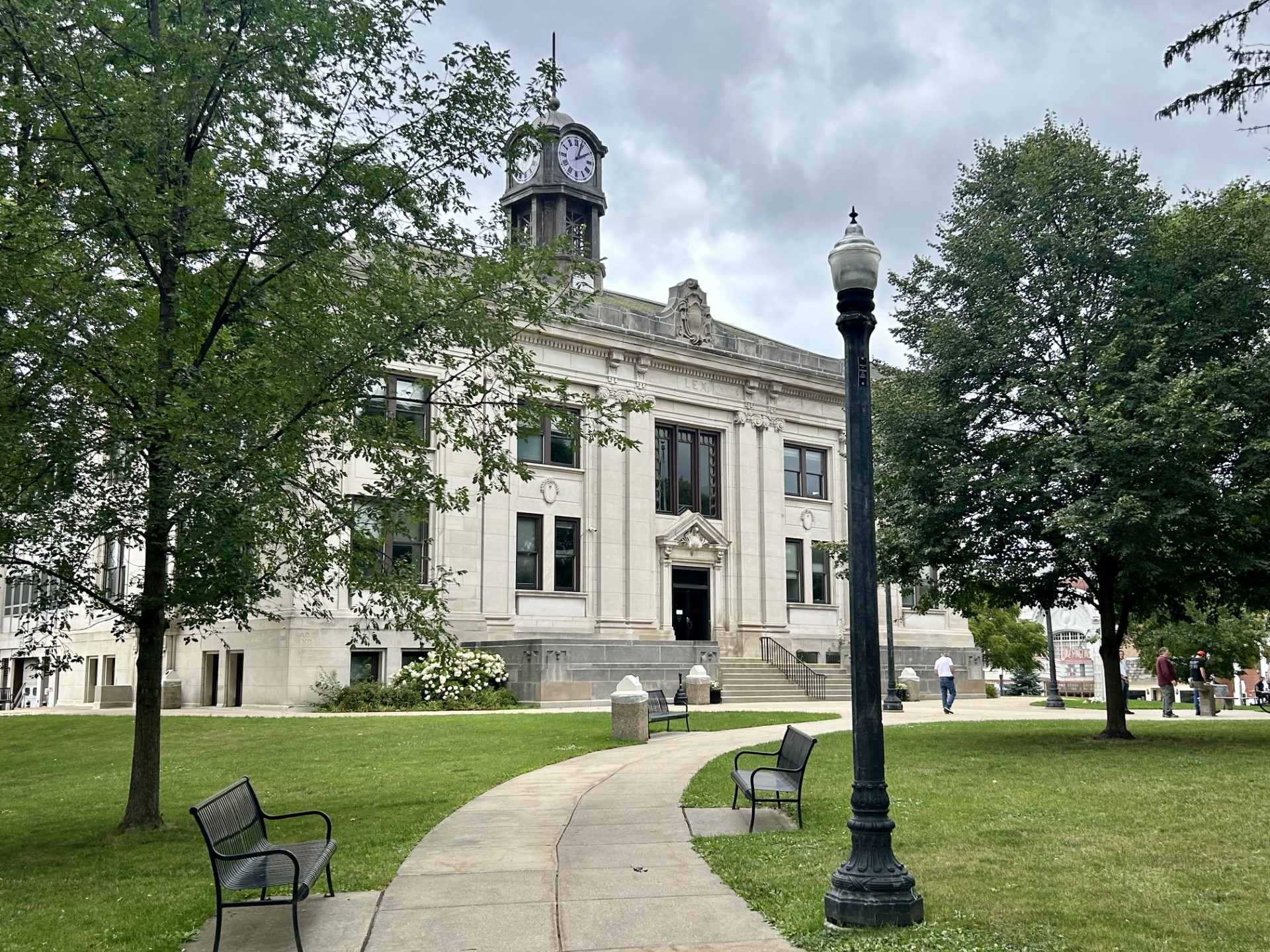
Baraboo Mayor Rob Nelson said communities that are increasingly seeking to raise revenues though property taxes reflects a problem with the way state aid is distributed to municipalities.
Around 70 percent of voters in Baraboo rejected the city’s referendum to raise levy limits by more than 20 percent to nearly $11.6 million to fund city services and operations, nixing around $2 million in additional funding each year.
The city’s population has grown more than 7 percent in the last decade to almost 13,000 residents. At the same time, Nelson said the number of city staff has decreased while Baraboo has faced rising costs due to inflation.
“We knew it was going to be a difficult ask because inflation doesn’t just affect the city, it affects all the residents as well,” Nelson said. “Folks are dealing with higher prices in their own lives.”
Nelson said the city will face difficult decisions about how to address rising costs to provide services and meet the needs of its growing population. He said some city positions will remain vacant next year due to a lack of funds. He added that the city will look at raising fees and likely won’t open its municipal swimming pool next year.
Wisconsin Public Radio, © Copyright 2025, Board of Regents of the University of Wisconsin System and Wisconsin Educational Communications Board.

